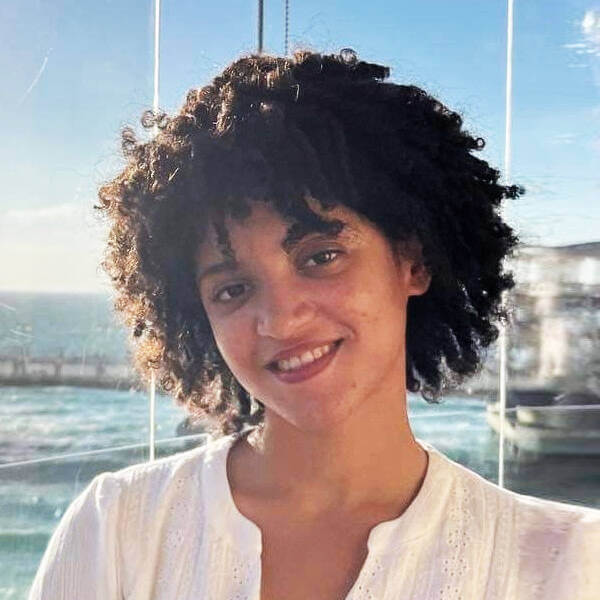Real connection
I was born in Egypt, I lived in Egypt pretty much all of my life in Alexandria specifically. And then I moved to South Africa for two years during my high school, so I took two years of my high school in Egypt, and then two years in South Africa. And then I came back to Egypt for a gap year. And then I came here to the US to study at Notre Dame.
But if I'm going to describe it freely, I think it's even hard to describe me freely. Because part of me is African, part of me is Middle Eastern, part of me is just Egyptian, you know? So yeah, I think that's how I would describe it. I think just Egyptian, even though it's like not racial identity, but just it's just describes how I think how your racial identity, if you come from Egypt, could consist of like diverse components, you know what I mean, just given the history of the country. So yeah, I don't think I strictly identify with… I wouldn't even like use the term race to describe my, like, you know, my ethnicity. But yeah, I think you get what I mean.
There's just like some form of like distance or a barrier, and it takes time and intentional effort to get over or overcome this barrier. You have to really be conscious and intentional, like I'm going to keep connecting with this person and overcome the barrier. But like, if you're not really thinking about, it could be really hard to connect, even if you're well intentioned, but there's just a lot that you wouldn't be able to, you know, share unless, as I said, unless you try intentionally to share these things.
But I think there are patterns that maybe you could identify. I think the good patterns, or one of the good patterns would be like, as I said, like people getting really excited to know, like, getting excited to know more about me, when they hear that I'm not from here, or they notice from my accent, or notice from like, the way I look, and they just get excited. And they ask me and like they tell about, like, this is an Egyptian friend that we have met, like, you know, something like this. Or like, how they watched this movie or documentary about like Egypt. Or they really want to go visit the pyramids. Or things like that as much as they are, like, naive and like stereotypical, I mean, it's nice. It's like, you know, it's like, whatever. And yeah, I think I feel like these incidents, or these encounters, just make me feel welcome. And like, I get to talk and we get to hear more about each other. But I think also, speaking of this, the bad thing would be when people confine you to these things, you know, like to them you would be the international student, and that's about it. Or you would be that person who comes from this background or comes from this race, whatever, they wouldn't really be willing to just see beyond this. And I'm like, yeah, it's cool, we could talk about Egypt for a little while, I don't mind it, it's fine. But like, I wouldn't want this to be the only thing that you think of when you think of me, when you remember my name. I would want to talk about more things, you know what I mean?
You know, so I think sometimes I feel with some people, can we get over this? You know what I mean? You know, can we talk about something else? And I see how you're including me. I see how you're being nice to me and being welcoming and like trying hard not to be like, excluding people or like being racist, whatever, I get it. I appreciate the effort and everything but like, are you genuinely including these people in your circles? If that makes sense? Not like, I really want to be included in your circle. But like, are you making genuine effort to be my friend? Right? And just yeah, just get over this idea of you trying to be welcoming and nice, but also like, being closer and being a friend and being someone who's really willing to share and learn.

Zeina Rady
Zeina Rady is a sophmore at Notre Dame from Alexandria, Egypt studying neuroscience and behavior, and philosophy.